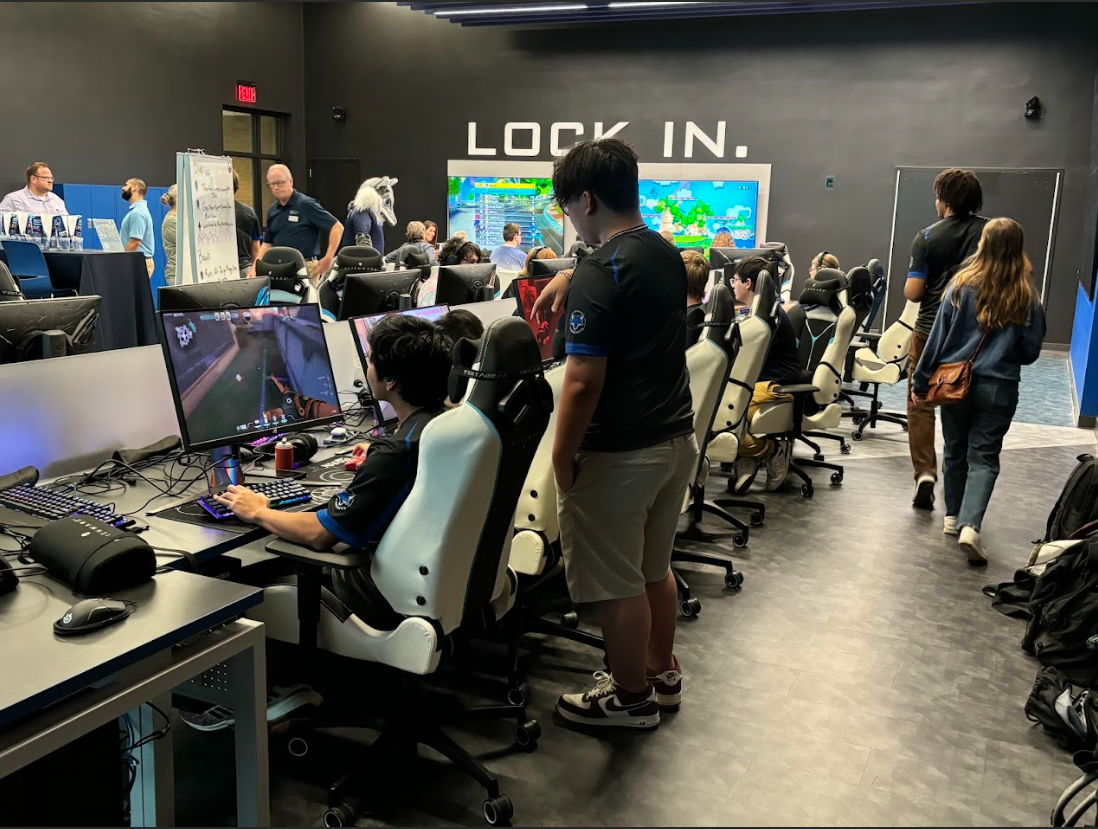Feuding teams result in booming business
 By: Christian Hargas
By: Christian Hargas
Sports Editor
When you mention the term ‘sports rivalry,’ usually fans will know exactly what that means because they understand the basic concept of them. On the flipside, some who may not be as involved as others, might ask the question ‘why do teams continuously play one another if they hate each other?’
In their defense, this is a fair question to ask because it does seem like a contradiction. If two teams hate each other so much, to the point where players and even fans begin to escalate brawls, then why is there a need to keep the flame burning? What sense does that make? It makes perfect sense.
Sports fans love rivalries. Even though true supporters stick by their teams through thick and thin, stadium attendance is normally larger when two big rivals play each other. Fans get that sense of feeling that this game means more than the other ones and they become immersed in the excitement, energy and intensity. For instance, when Army plays Navy every year, there is not an empty seat in the house.
Television ratings and marketability benefit from major sports rivalries. Since moving to the SEC in 2012, the Missouri Tigers have become bitter rivals with the Alabama Crimson Tide. ESPN and other national sports networks look at that and determine how high ratings can be – and how much money can be made – by broadcasting their annual showdown. As a result, ratings increase, paychecks increase and the networks are happy.
Fans pay more attention to rivalry games because they mean more. When season schedules are released, they make it a point to mark the dates on their calendars to remind themselves of these more important matchups. That does not mean they do not care about the other games, though.
Finally, rivalries make for excellent competition. Both teams believe there is something more important than normal on the line, so the players bring the best they have to the table. As a result, it makes for much better games because you understand there is a bigger picture. Oklahoma and Texas have this same mentality because they battle over supremacy over the southern region of the United States.
In my opinion, sports rivalries at the collegiate level are more interesting and entertaining than the one amongst the ranks of the professional; however, whether it is high school, college, or the big time, rivalries are good for the overall industry.











